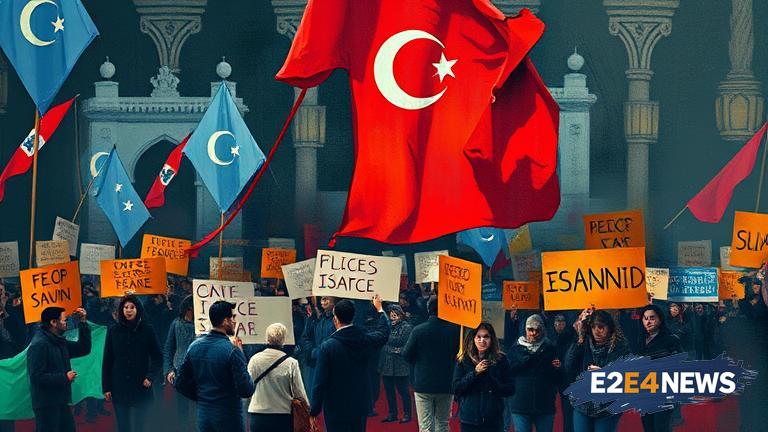The recent wave of Islamophobic attacks and hate crimes in Europe has left many in the Muslim community feeling vulnerable and marginalized. Despite the alarming rise in such incidents, the response from European leaders has been characterized by a deafening silence, with many failing to condemn the violence and intolerance. This lack of condemnation has been particularly evident in countries such as France, Germany, and the UK, where Islamophobic sentiment has been on the rise. The consequences of this silence are far-reaching, with many Muslims feeling that their rights and freedoms are being eroded. The failure to address Islamophobia has also emboldened far-right groups, who have been quick to capitalize on the lack of leadership from mainstream politicians. Furthermore, the silence has also had a profound impact on social cohesion, with many Muslims feeling that they are being excluded from the broader community. The rise of Islamophobia has also been fueled by the media, with many outlets perpetuating negative stereotypes and biases against Muslims. In addition, the lack of representation and diversity in European institutions has also contributed to the sense of marginalization felt by many Muslims. The European Union has a responsibility to protect the rights of all its citizens, regardless of their faith or background. However, the EU’s response to Islamophobia has been inadequate, with many of its policies and initiatives failing to address the root causes of the problem. The EU must take a more proactive approach to tackling Islamophobia, including implementing policies to promote diversity and inclusion, and providing support to Muslim communities. Moreover, European leaders must also be willing to confront the uncomfortable truths about Islamophobia, including the role of far-right groups and the media in perpetuating hate and intolerance. Ultimately, the fight against Islamophobia requires a collective effort from all sections of society, including politicians, civil society organizations, and individuals. By working together, it is possible to create a more inclusive and tolerant Europe, where Muslims and non-Muslims can live together in peace and harmony. The time for silence is over, and it is now time for European leaders to take a stand against Islamophobia and promote a culture of respect and understanding. The consequences of inaction will be severe, with the potential for further division and social unrest. Therefore, it is imperative that European leaders take immediate action to address the rise of Islamophobia and promote a more inclusive and tolerant society.
